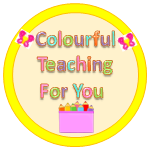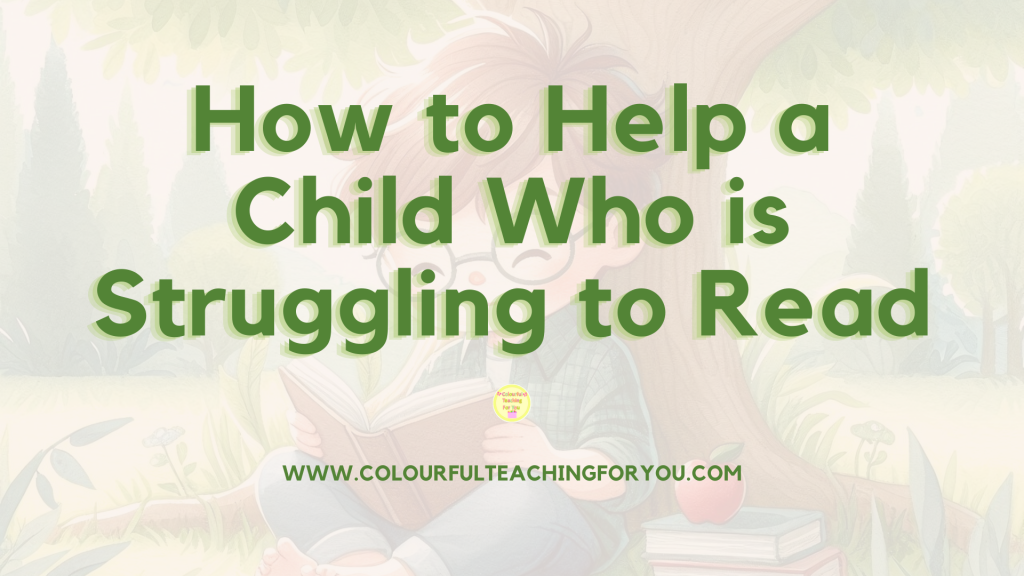Reading is a fundamental skill as our very way of life depends on it. No matter where you go, you’ll see signs or other notices in writing, so it’s important to know how to help your child if they are struggling to read.
Even though it’s better to intervene as early as you possibly can, it’s important to support your child no matter where they are in their literacy development to prevent future issues.
There are a variety of reasons why a child might be struggling to read but this is not an exhaustive list by any means. English may be an additional language for them, they may have learning challenges, like dyslexia or ADHD, they may not have practiced enough, or they may lack the foundational skills that are required to read at grade level.
You’ll notice that children are struggling with reading when they have a hard time trying to sound out or to spell words, they have difficulty reading fluently, they may be able to read the words but don’t comprehend what they’re reading, or they have anxiety when they’re asked to read.
Most teachers and parents don’t have a lot of time in their day for small group or 1-1 reading intervention so the following three steps, even though they are essential, they are simple enough that they can be interwoven into a 15-minute reading block time frame.
Reading Intervention Steps:
#1. Read Together
I know you know this but it’s worth saying again. Read with your kids. Whether you’re a teacher or a parent, it’s important to spend time doing some guided reading with them.
For parents, you only need to spend a few minutes reading. For example, read 1-2 picture books before bed or if you have older kids, spend 5-15 minutes reading with them.
This will help strengthen your bond as parent or teacher and child. It will also help your child pick up and learn new words as you read books to them. They’ll pick out words they’ve heard a few times or words that fascinate them. It will develop their reading and speaking abilities as you point out the words that they’re asking you about.
#2. Make Connections
When children make connections from their reading to themselves or to something in their life, they will start to enjoy reading more.
When a child struggles with reading, it becomes a chore for them. Developing connections allows them to see that there’s more to reading than just the words on the page.
The following mini video will show you how to help your children develop a connection to their reading: How to Teach Reading Comprehension Effectively Tips and Strategies.
If you’re a teacher or a homeschooling parent the following a project-based learning approach to reading, will allow you to develop a month long curriculum with NO PREP on your part:
#3. Teach Phonics
Phonics is important because it helps children learn how to blend sounds together to create words. You don’t have to buy a special book for this. Take any book that you’re reading and choose a word to chunk up.
For example, “cat.” If your child is just starting out, teach them just the sounds of the letters, “c-a-t.” If you’re child is older, teach them the blend, “at” so that when “c” is combined with “at” we have “cat.” You can do this for bigger words as well.
Don’t rush your child. Let them master it one at a time. This way, they’re learning sounds, blends and new words simultaneously.
Recap:
Let’s recap really quickly. Today, we looked at the following:
- The importance of developing a child’s reading skills and signs that your child is struggling to read.
- Three ways to teach a child who is struggling to read: read together, make connections, and teach phonics.
Free Resources:
For a taste of the resources that were mentioned in step two, check out the following resource in my FREE Education Resource Library.
Next Steps:
If you found this video beneficial, would you do me a favor? Share this with your family, your friends, your loved ones, your co-workers or someone who you think could benefit from this. Thank you!
I’ll see you next Friday at 5:30pm PST.
Until I see you next time, remember to create, experience & teach from the heart.
Take care,
Charlotte
Disclaimer: I’m a teacher and a parent. I’m not a medical professional, so please don’t take this as medical advice. The advice that I provide in my videos and online are strategies that I have used in my own class or at home that have worked beautifully.




